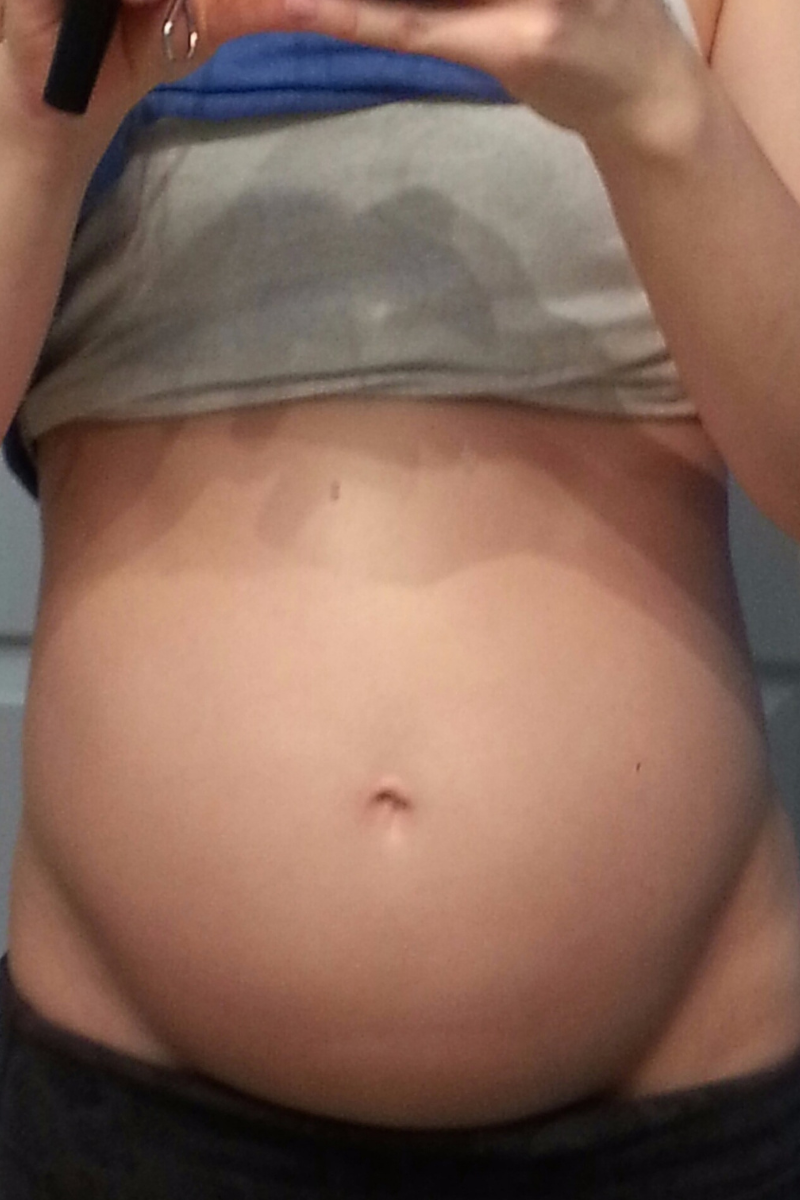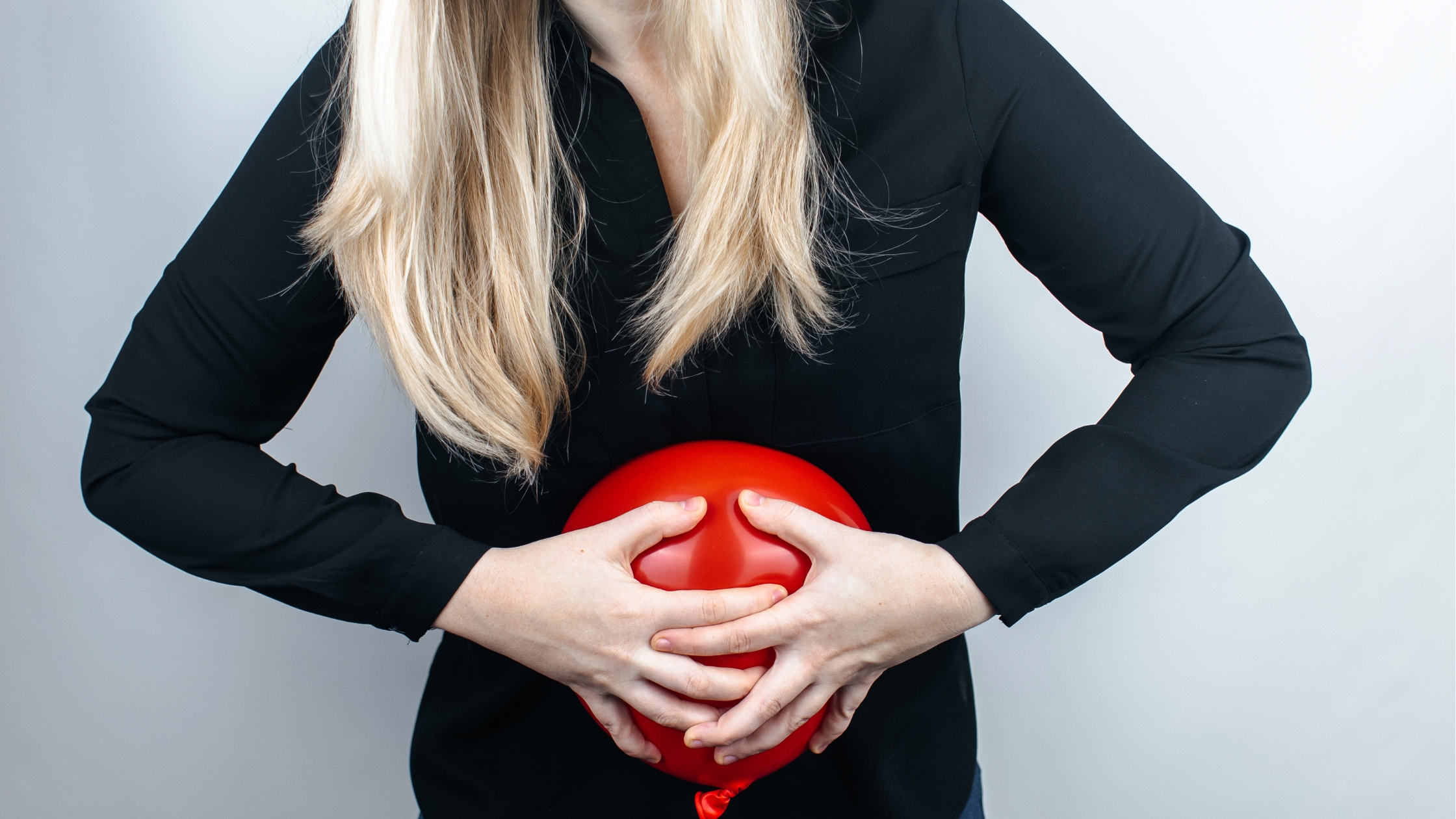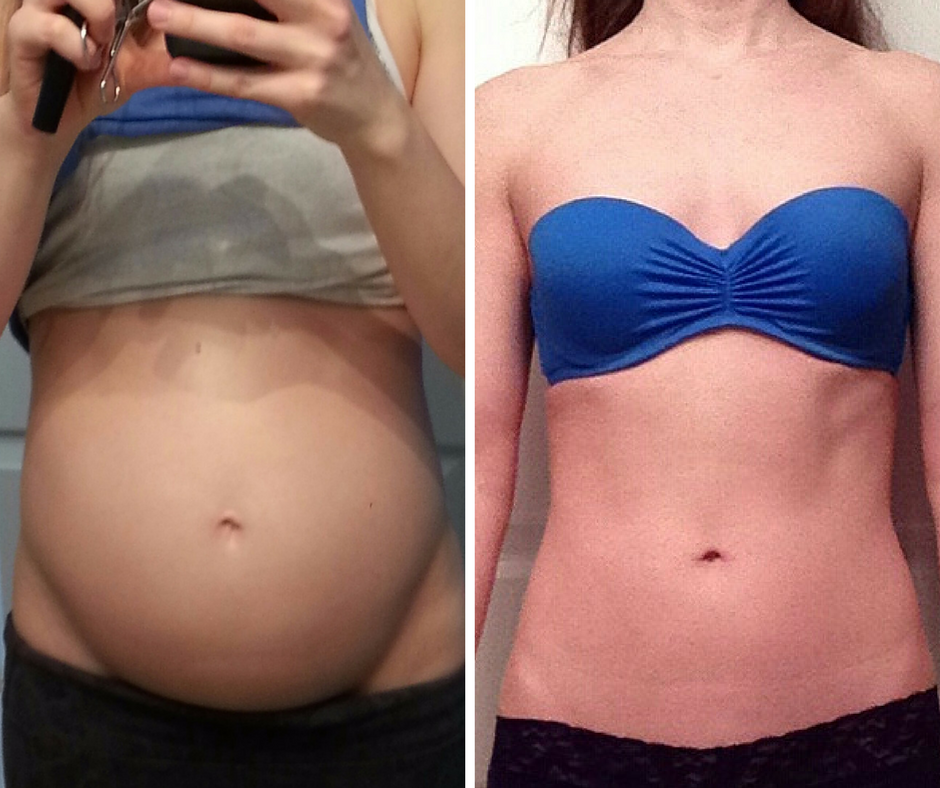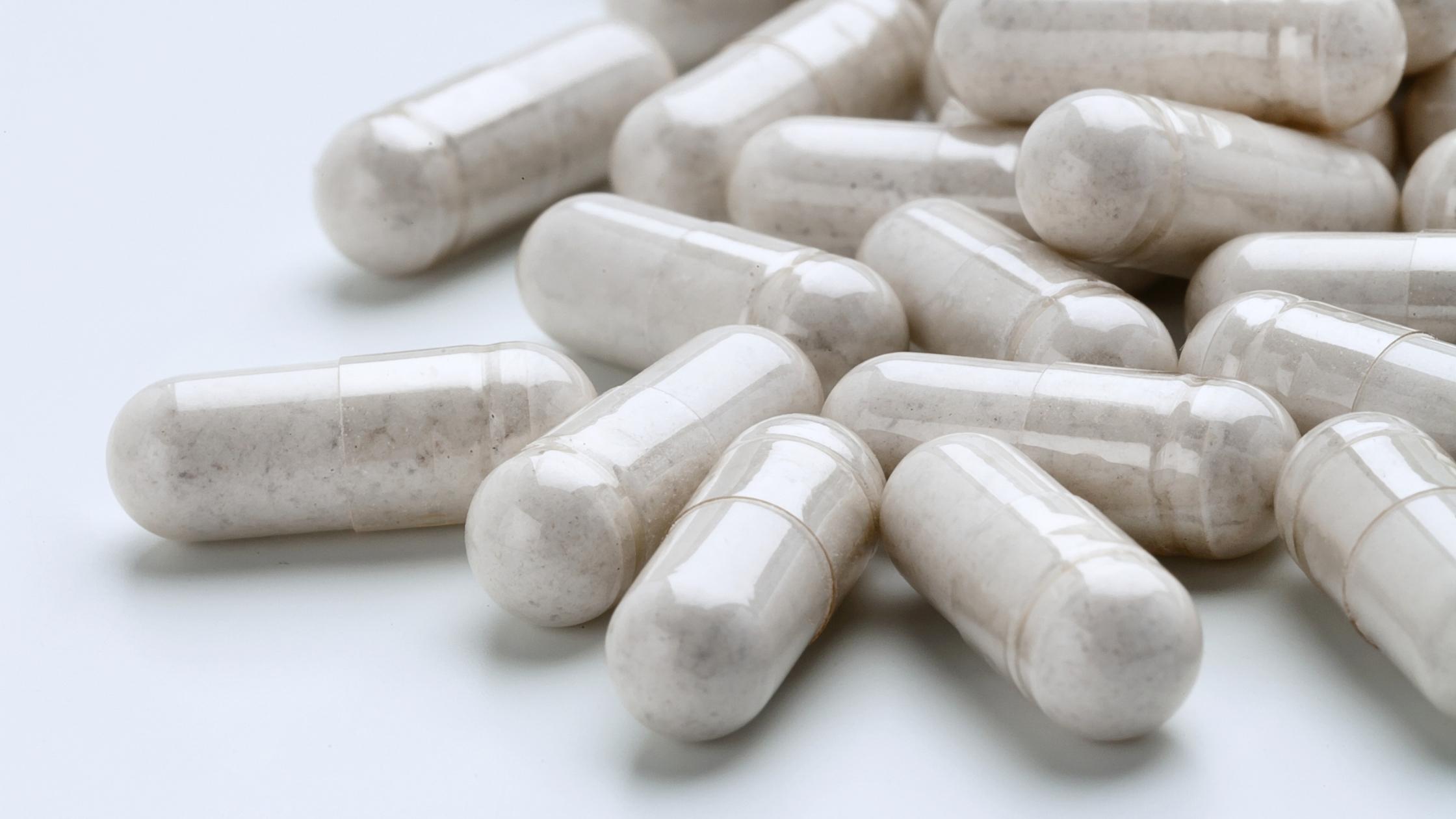SIBO is such a buzz word in the gut health community right now. For good reason: up to 75% of people with Irritable Bowel Syndrome actually have SIBO and when it is treated correctly gas, bloating and irregularity can become a thing of the past.
You read that right- the debilitating symptoms that are controlling your life right now can actually go away. If they are in fact, from SIBO.
SIBO can cause your bowels to go either too fast or too slow but it is bloating that all of my SIBO clients universally suffer from, no matter what their bowels are doing.
Bloating is a complicated symptom to uncover the root cause of because there can be many layers to it. If you’ve always been prone to bloating, there may be more than one singular reason for it. There are, however, three telltale signs that you should look for to know if your bloating might be caused by SIBO:
You bloat 30 to 40 minutes after eating
Timing is the most important detail to pay attention to when investigating bloating. Around 30 to 40 minutes after eating, your meal has reached the small intestine. If this is when bloating really starts to build up it may be from bacteria in the small intestine fermenting your food, indicating SIBO.
It is normal, when you have SIBO to also experience even more bloating or other GI symptoms like gas about 2 to 3 hours after eating, when your meal reaches the large intestine. The key is that it started at 30 to 40 minutes.
High FODMAP foods make your bloating a lot worse
Bacteria associated with SIBO are really good at fermenting the fiber from food that you eat (read: creating a lot of gas) and consistently eating foods that are high in FODMAPS can make the bloating that happens 30 to 40 minutes after eating especially painful or uncomfortable. I’m talking food-baby, about-to-burst, unbutton-your-pants style of bloating.
High FODMAP foods can also cause bloating that originates from the large intestine which you would notice about two to three hours after eating.
Wondering what the heck is a FODMAP?! FODMAPs are a group of carbohydrates that are highly fermentable and difficult for some people to digest. They are found in every day healthy foods such as apples, onion, garlic, avocado and cauliflower. FOR IBS, a low FODMAP diet is trialed for 2 to 4 weeks. FODMAPs are then reintroduced strategically to see what FODMAP groups you can or can’t tolerate.
My biggest piece of advice for the low FODMAP diet is to not follow it for more than three months! You can make your gut issues worse. Reach out if you need help getting off the low FODMAP diet.
Your bloating happens every single day, consistently
Bloating from hormone fluctuations changes throughout your cycle. Bloating from stress or anxiety goes away when you go on vacation. Bloating from constipation goes away when you finally start pooping again. But bloating from SIBO? That happens after every time you eat something with fiber. That doesn’t make fiber the enemy- although Carnivore Diet followers will tell you that it is *facepalm*- it just means that you need to do some calibrating of your gut bacteria to be able to tolerate fiber again.
Now that you know what to look for, what should your next steps be?
If you screamed ‘YES, IT’S ME!” after reading each of those three telltale signs that your bloating may be caused by SIBO, it’s time to get tested, my gassy friend.
SIBO is tested via a breath test that takes three hours in total. It requires a breath sample every 20 minutes. After your first sample, which is the baseline sample, you will drink a solution (either lactulose, glucose or fructose) which will be fermented by any bacteria in your small intestine. The samples that follow will measure how much and which types of gas are produced. You will receive a report from the lab outlining your results.
“But Jessica, can’t I just treat it without testing?”
I do not recommend this. The results from the SIBO breath test gives you the information you need to know about which antimicrobials or antibiotics may work best and for how long you will need to take them. Without this information, it is a shot in the dark and you may waste time and money on the wrong treatment protocol.
Questions about SIBO or SIBO testing? Let me know in the comments or send me a private message.






+ show Comments
- Hide Comments
add a comment